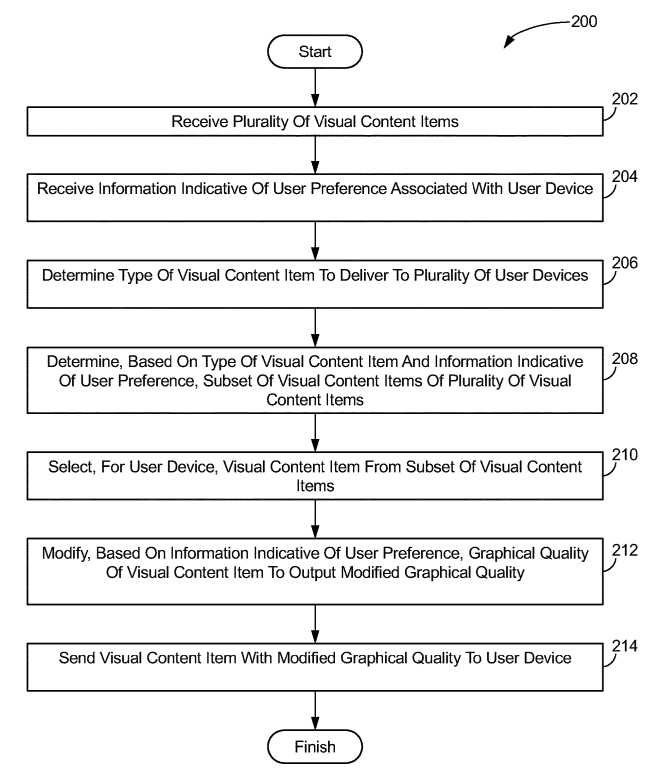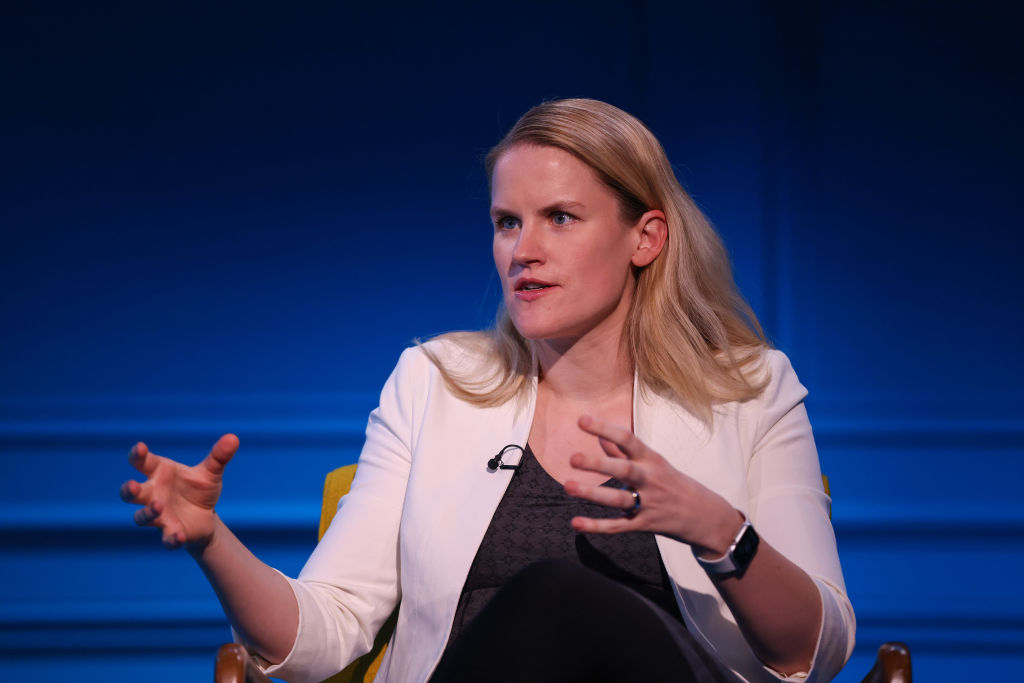Facebook parent company Meta has filed a patent for a new breed of targeted advertising tech that “dynamically modifies” how it serves ads based on the target user.
This new, hyper-personalised advertising system will process data concerning each individual user, specifically looking at things like what type of device you’re using as well as the kind of content you consume, with a laser-focus on whether that’s video, images or text.
After it figures out what kind of content you engage with most, it will then alter the style of advertising you see, adjusting where those ads are placed on your timeline and how many of these ads you encounter on your Meta-powered social media platform of choice.

Essentially, Meta’s new advertising system will help them better distribute and target ads at users based on the type of content that they consume. This means that Meta is removing much of the hassle that individual advertisers face when sending out large-scale advertising campaigns.
“The disclosed system(s) address a problem in traditional content modification techniques tied to computer technology, namely, the technical problem of not all users being affected in the same way by the same ad,” Meta wrote in the filing.
The filing also noted that the new dynamic modelling system could include “automated ad creation” to simplify the process even further for advertisers. Notably, the filing failed to specify which of Meta’s platforms the new advertising tech would be implemented on. At current, Meta’s suite of social media platforms and apps include; Instagram, Facebook, Messenger, WhatsApp and Meta Quest.
Meta returns to digital advertising
It goes without saying, but Meta’s bread and butter is digital advertising. In 2022, a whopping 97% of its total earnings came from digital advertising revenue despite its CEO Mark Zuckerberg bouncing between the most popular tech trends.
Over the last few years, Zuckerberg has seen Meta has jump from bandwagon to bandwagon. In 2022 the company began focusing an enormous amount of its attention (and capital) on the CEO’s newfound obsession with the metaverse.
Unfortunately for Meta, which rebranded its namesake and logo to reflect this new Virtual Reality-powered pursuit, the division tasked with overseeing the development of metaverse technology dubbed ‘Reality Labs’, racked up a staggering US$13.7 billion in losses over the course of 2022.
Many large stakeholders in Meta, including the likes of Brad Gerstner of Altimeter Capital, have become increasingly outspoken when it comes to expressing their growing discomfort at Zuckerberg’s “terrifying and costly” pursuit of the metaverse.
Now, Zuckerberg has switched gears to capitalise on the rise of artificial intelligence technology, but has ultimately failed to deliver an AI-powered tool that can come close to competing with OpenAI’s viral assistant ChatGPT or Google’s recently-launched ‘Bard’.
Still, this new patent shows that Meta is re-focusing its attention on its primary cash cow: digital advertising.
Unethical advertising practices
While this update may be good news for advertisers, its unclear how the new system for dynamically targeted ads will effect individual users on Meta’s platforms.
Since the premier of the tech documentary The Social Dilemma in 2020, there has been an increasing awareness of the many downsides that accompany automated advertising models on social media platforms.
The most recent and glaring example of these downsides was uncovered when whistleblower and former Facebook executive, Frances Haugen testified in front of the US Senate in October 2021. Haugen provided specific details of how senior executives from Facebook (now Meta) including Mark Zuckerberg were acutely aware of the harms that their proprietary algorithms were perpetrating but chose to continue because of the revenue associated with high engagement.

The list of these harms is long but some of notable highlights include rapidly increasing political polarisation, human trafficking, illegal arms trade and the widespread exacerbation of mental health problems in users, particularly in young women.
Meta has not yet responded to The Chainsaw‘s request for comment.





